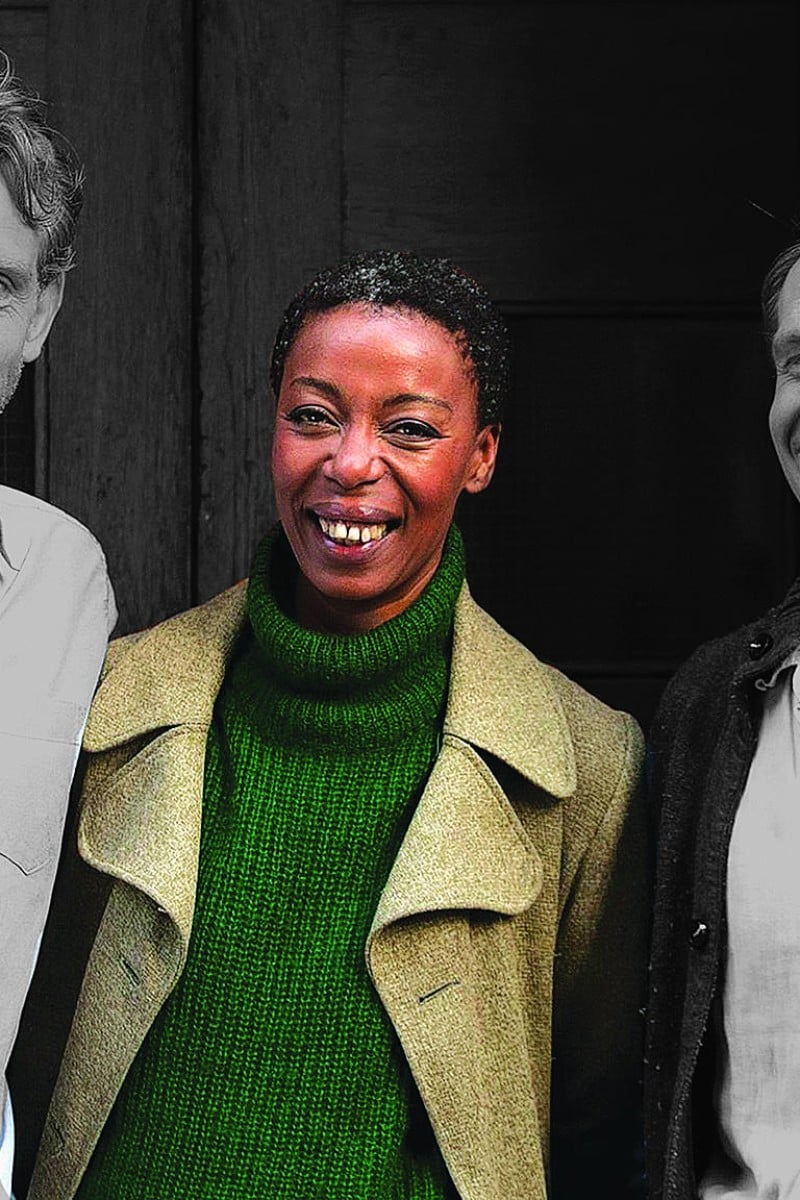
Hermione Granger is a hero, doesn't matter what colour her skin is

 Noma Dumezweni (centre), is the bold new face of Hermione alongside Paul Thornley's Ron (left), and Jamie Parker's Harry, in the upcoming theatrical production Harry Potter and the Cursed Child.
Noma Dumezweni (centre), is the bold new face of Hermione alongside Paul Thornley's Ron (left), and Jamie Parker's Harry, in the upcoming theatrical production Harry Potter and the Cursed Child.Can Hermione Granger be anything other than white? This is the question prompted after a black woman was cast as the adult version of Hogwarts’ cleverest pupil in the upcoming theatre production Harry Potter and the Cursed Child. The announcement was met with uproar on social media, with people unable to accept this “radical” change. Even I, as a long term fan of Harry Potter, felt a little alarmed by the news, having never imagined my favourite character as anything other than white. Ultimately, it shows how inherently discriminatory our society is, as there is an unspoken assumption that fictional characters are white unless we’re told otherwise.
In the first place, JK Rowling, the author of the popular Harry Potter series, has never explicitly given details of Hermione’s race or skin colour in the texts. Hermione’s most prominent facial attributes are her bushy hair and prominent teeth, features that are in fact race neutral. Simply, there is not enough textual evidence to indicate that Hermione is necessarily white. She may or may not be white and we don’t any information to reach either conclusion. Ms Rowling herself confirms the ambiguity of the character’s race as she tweeted that “white skin is never specified.”
Reading the Harry Potter books at a young age, I never imagined Hermione as black. In fact, I was only able to imagine her as Emma Watson, the beautiful, intelligent and convincing actress who portrayed the character in the movies.
In mainstream culture, we are normally deprived of black characters in books that are also leading characters with meaningful roles, proper storylines and personalities with growth and development as the story goes on. This default assumption of whiteness is very strong, and the ability to imagine any main character other than being white is a difficult habit to break.
Thus, it is even more important that Norma Dumezweni be cast as the co-lead of the new production. The resistance to this casting announcement only shows its necessity.
Ironically, one of the most important aspects of Hermione’s character is that the bigots in the wizarding world consider her illegitimate, simply due to her “impure” blood.
Harry Potter is, in fact, a story about race and the danger of racial hatred and oppression. A central motive of its villains is their belief that “pure blooded” wizards – those that are descended from wizarding families – are much more superior than non-magical “Muggles”. The distinctions between pure-blood and Muggle born witches and wizards are symbolic of real world social divisions based on race and ethnicity.
Within the magical society, Hermione, being of Muggle descent, belongs to an inferior and maligned minority group that faces racial hatred. Other students at school call her slurs like “Mudblood”, referring to those of “dirty” and “impure” ancestry. This ugly prejudice within the magical community is also the main agenda of the series’ biggest villain, Lord Voldemort, in his campaign to marginalise, persecute and eradicate all those who have “filthy and undesirable blood”.
Hermione is actually the ideal candidate for “race-bending”. In a series that is as much about the evils of racial supremacy as anything else, Hermione is the one who rises up to challenges and obstacles thrown at her, and becomes a social justice activist who stands up for the oppressed. She is even ready to fight for the labour rights of house elves, and dedicates her time to opposing their harsh enslavement. She can be seen as an inspiration leader for those who suffer from marginalization to stand up and fight for their own rights and to not bow down to others’ abuse and humiliation.
Furthermore, Hermione is a main character with major development, who is also an interesting, loyal, and smart woman – a role model to a lot of young girls. These qualities are rarely afforded to minorities in Western literature and so it is extremely meaningful for fans to be able to imagine and see her as a non-white. This can empower young people of colour who have fewer opportunities to see themselves reflected as heroes in literature and popular culture, and allow them to have relatable characters to suitably represent them.
